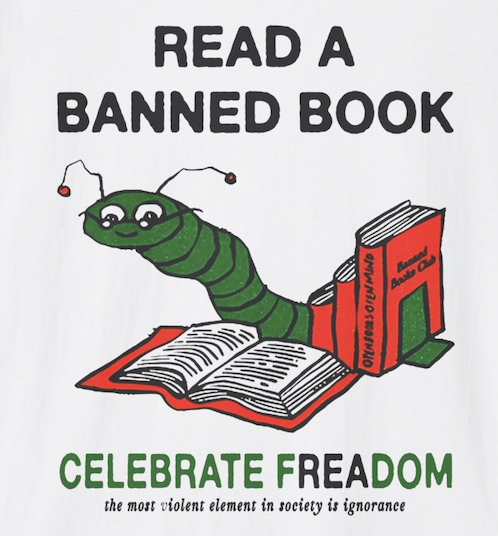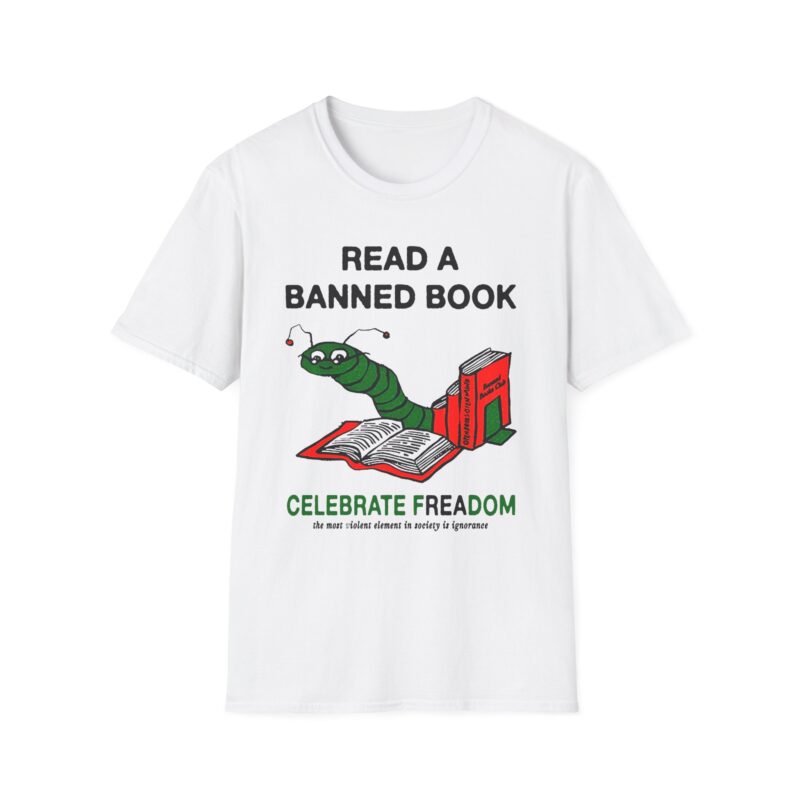Blog
Read Banned Books

Why Reading Banned Books Is More Important Than Ever
Across schools, libraries, and even social media, a troubling trend is resurfacing: book banning. Once thought a relic of the past, censorship is now finding modern momentum. From Texas to Florida, entire booklists are being pulled from shelves — often targeting stories by LGBTQ+ authors, people of color, and narratives that challenge dominant power structures.
But here’s the truth: banned books are often the ones we most need to read.
🔥 What Does It Mean When a Book Is Banned?
Book bans aren’t just about “protecting children.” They are often a political tool used to suppress uncomfortable truths — about race, gender, identity, or history. When school boards and lawmakers label books as “dangerous,” they’re often labeling perspectives as dangerous. And that should concern everyone.
🧠 Knowledge Is Power — and That’s Why It’s Targeted
Censorship thrives where curiosity dies. That’s why the fight for intellectual freedom isn’t just about books — it’s about democracy, identity, and agency. When students are denied access to certain stories, they’re denied the chance to expand empathy, challenge biases, and understand the world more deeply.

📖 Why You Should Celebrate Banned Books
Every banned book is a rebellion in print — an invitation to think independently. Whether it’s The Hate U Give, Gender Queer, Maus, or Beloved, these stories reflect the struggles, beauty, and complexity of human life. Reading them is an act of defiance. Sharing them is an act of hope.
🙌 How You Can Take Action
- Support your local library and librarians
- Donate banned books to schools or mutual aid groups
- Read them out loud, post quotes, discuss them in public
- Vote for education leaders who believe in open access to ideas
In a world that bans books, reading becomes revolutionary. So grab that banned book. Crack it open. And celebrate your freedom to read — because silence isn’t safety. It’s surrender.
